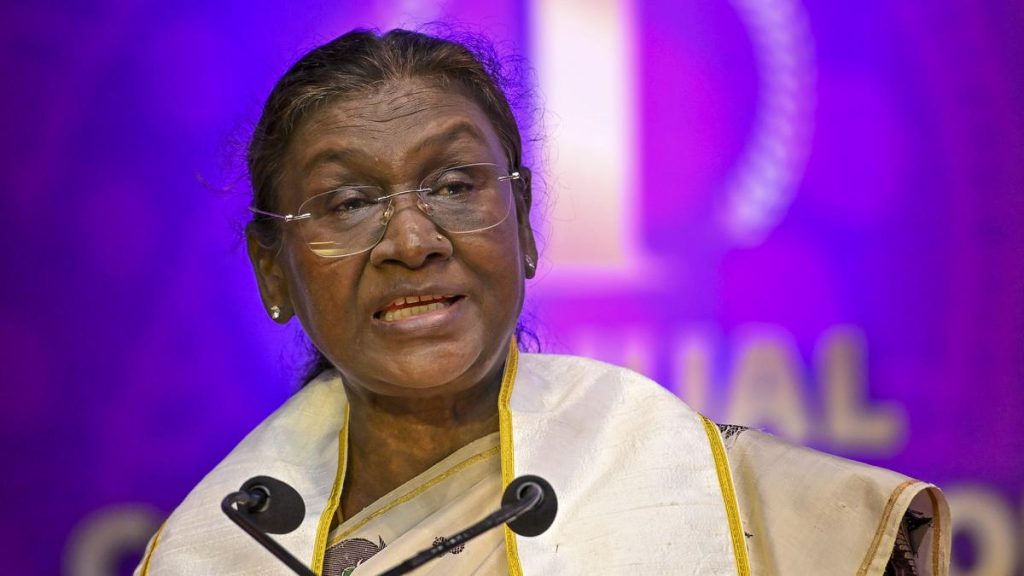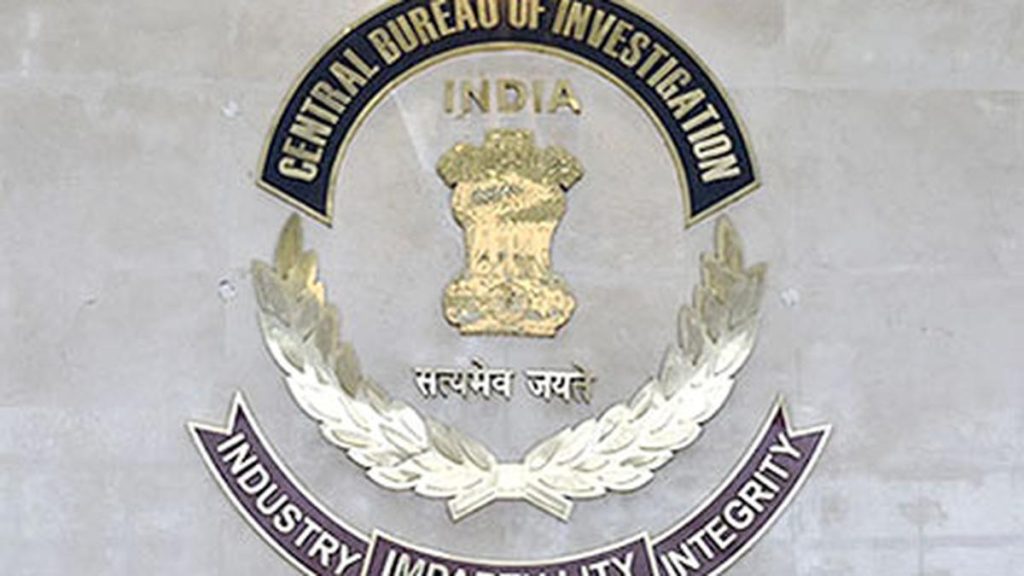Now Reading: Trump Seeks Call with PM Modi Before Finalizing India-U.S. Trade Deal
-
01
Trump Seeks Call with PM Modi Before Finalizing India-U.S. Trade Deal
Trump Seeks Call with PM Modi Before Finalizing India-U.S. Trade Deal
Rapid Summary
- U.S. President donald Trump plans to discuss the pending India-U.S. trade agreement with Prime Minister Narendra modi before approving it.
- negotiations for the trade pact have been concluded and endorsed by key officials on both sides, including U.S. Commerce Secretary Howard Lutnick, Trade representative Jamieson Greer, and India’s Commerce Minister Piyush Goyal.
- During an Air Force One interview, mr. Trump confirmed the deal is not yet finalised but noted his positive rapport with India and PM Modi, describing India as a “good friend.”
- Trump referred to historically high tariffs from India but hinted that tariff levels may rise under the new framework, possibly between 20-25%.
- The scheduled talk between Trump and Modi comes amid India’s Monsoon Parliamentary session as logistics for their call are being coordinated by both governments.
- The trade deficit between the two nations was approximately $45.7 billion in 2024 based on U.S.-India goods trade figures: $129.2 billion total ($41.8 billion in exports; $87.4 billion in imports).
Indian Opinion Analysis
The potential phone conversation between President Trump and Prime Minister Modi signifies a deliberate diplomatic approach aimed at finalising a thorough trade pact between two major economies with significant bilateral ties spanning decades of strategic collaboration across multiple sectors.
With negotiations complete but tariffs potentially rising under this framework – reportedly within a range of up to 25% – this could shape India’s competitiveness in critical export markets like agriculture or manufacturing while addressing long-standing issues around reciprocal trade imbalances highlighted by Trump’s recent statements on elevated tariff structures.
In principle, balancing national interests while ensuring market access requires prudence; further engagement reflects commitment elevating solutions-mode partnerships globally rather set constraints effectively compliance vectors redefining updated accumulation recentes-policy双色-orders reshaped allocatively.matrix]
























